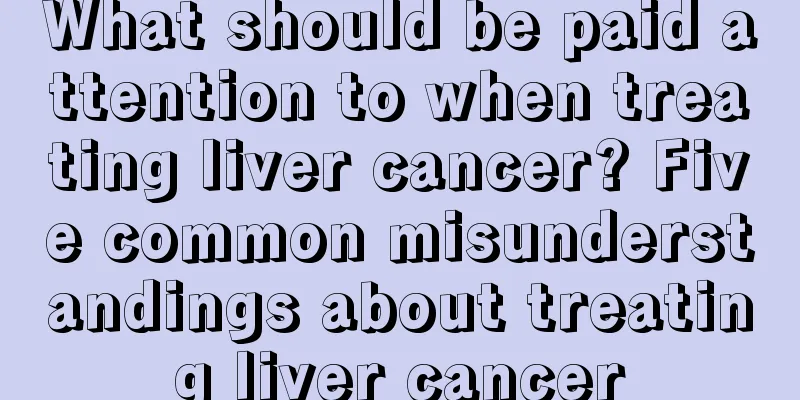Oral and maxillary tumors

|
The oral cavity is a very important part of the human body structure, because people's daily eating is achieved through the oral cavity. The mouth is also an important part of the respiratory system. But sometimes some people find that they have a tumor on the roof of their mouth. When this happens, it is natural to worry about causing other more serious damage to one's mouth or abilities. What are the specific types of oral and palate tumors? What is oral cancer? Oral cancer refers to malignant tumors that occur in the oral cavity, 80% of which are squamous cell carcinomas, including tongue cancer, cheek cancer, gum cancer, palate cancer, lip cancer, maxillary and mandibular cancer, floor of mouth cancer, oropharyngeal cancer, salivary gland cancer, maxillary sinus cancer, and cancers occurring on the facial skin. Oral cancer is characterized by rapid progression, wide infiltration and poor prognosis. Clinical manifestations of oral cancer 1. The color of the oral mucosa changes: such as white, red, brown, or black, and cannot be wiped off. Normal epithelium is pink to reddish, and the presence of white or red polarized colors is abnormal. If there is red with white, it is a more serious condition. If there are dark red with white dots on the tip of the tongue, 90% of it is early oral cancer. 2. Ulcers: Oral mucosal ulcers that have not healed for more than two weeks. 3. Lump: There is an unexplained lump in the mouth or neck (it may not be painful when touched). 4. Tongue movement and perception: If the mobility of the tongue is restricted, resulting in difficulty in chewing, swallowing or speaking, or loss of sensation or numbness on one side of the tongue, the cause should be identified as soon as possible. 5. Jawbone and teeth: Localized swelling of the jawbone causes facial asymmetry, sometimes accompanied by abnormal sensation (such as numbness of the lower lip) or loose teeth. 3. Prevention of Oral Cancer 1. Reduce local irritation in the oral cavity. You should use a toothbrush with soft bristles to brush your teeth; eat less or no spicy food, avoid eating overheated or hot food; and maintain good oral hygiene. 2. Treat long-lasting oral ulcers. Vitamins should be supplemented in a timely and appropriate manner; antibiotics should not be abused for a long time to avoid imbalance of bacterial flora in the body and cause Candida albicans infection. 3. Pay attention to check whether there are precancerous lesions such as leukoplakia in the oral cavity. Extract crooked teeth in time, remove sharp teeth, treat buccal mucosa or lingual ulcers caused by friction next to them, eliminate white spots and prevent cancer. |
<<: What medicine is good for glioma
>>: How to clean teeth without a toothbrush
Recommend
How to quickly reduce swelling on the soles of feet
Many factors in people's lives can cause some...
What are the benefits of practicing Taekwondo
Taekwondo is a relatively common fighting techniq...
How to wash white clothes?
As the weather gets warmer, I can take out my old...
Can I get pregnant after gastric cancer surgery
The incidence of gastric cancer is now higher, an...
How long can a patient with advanced liver cancer live? These three factors affect it
When there are too many toxins in the body, or wh...
Are fibroids harmful?
Is fibroid very harmful? This is a question that ...
What are the side effects of vitamin b6
Vitamin B6 may sound familiar to us. Many people ...
What to do if your calves hurt after skipping rope
After strenuous exercise, the human body will mor...
Symptoms and treatment methods of spleen and stomach deficiency and coldness
Deficiency of spleen and stomach is a common cond...
Lymph nodes under the cheeks
The doctor told me that the lymph under the cheek...
Who can't wear citrine
Many women are often fond of crystal jewelry and ...
Four major principles of diet for gallbladder cancer
A reasonable diet can improve the quality of life...
The foot-taiyang bladder meridian and the foot-shaoyin kidney meridian intersect
Now we all advocate using the most health-preserv...
After seeing these risks of infusion, would you still easily request infusion?
Most people believe that infusions are much more ...
Platelet count
If you find that your platelet count is abnormal ...









